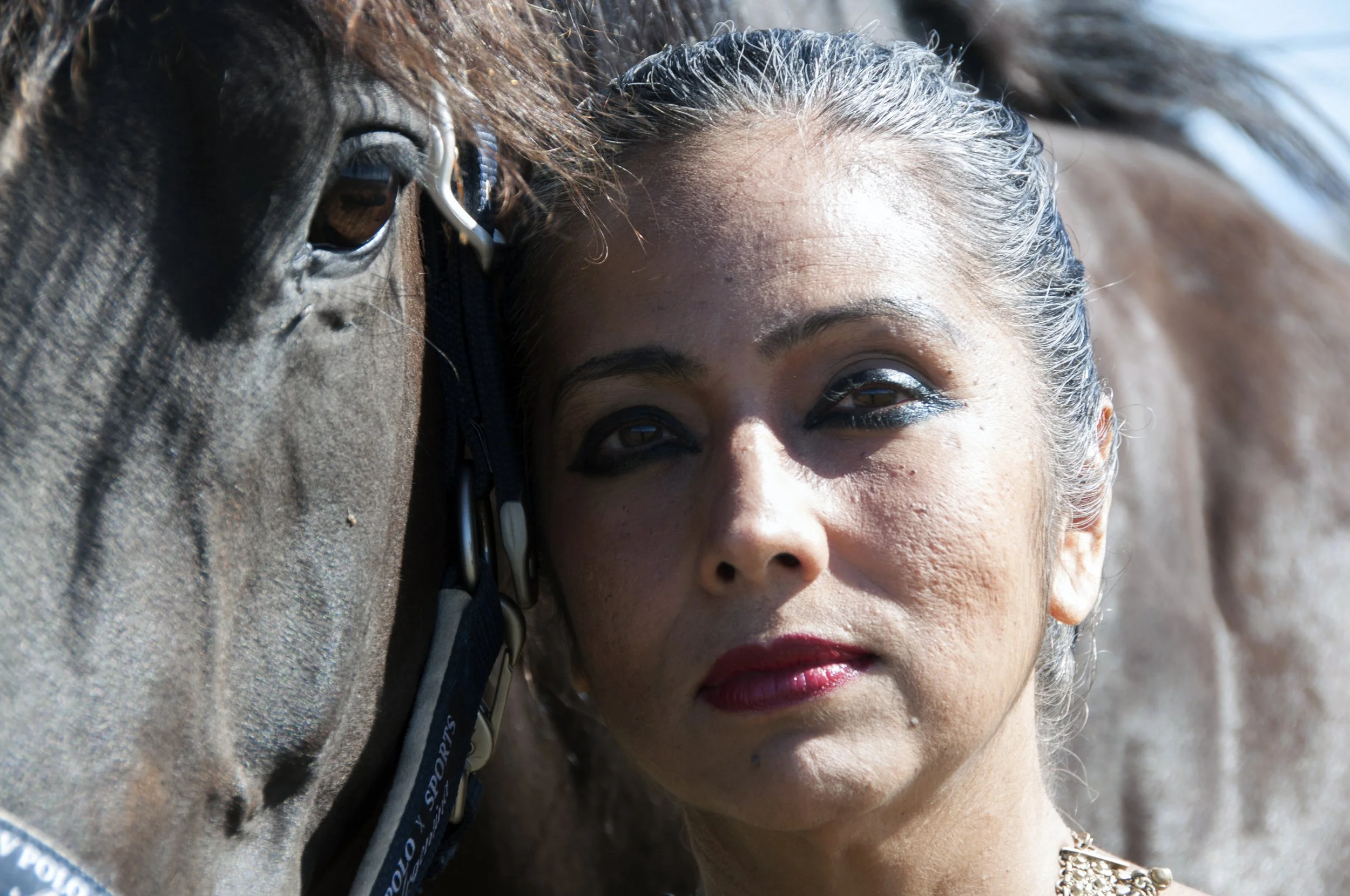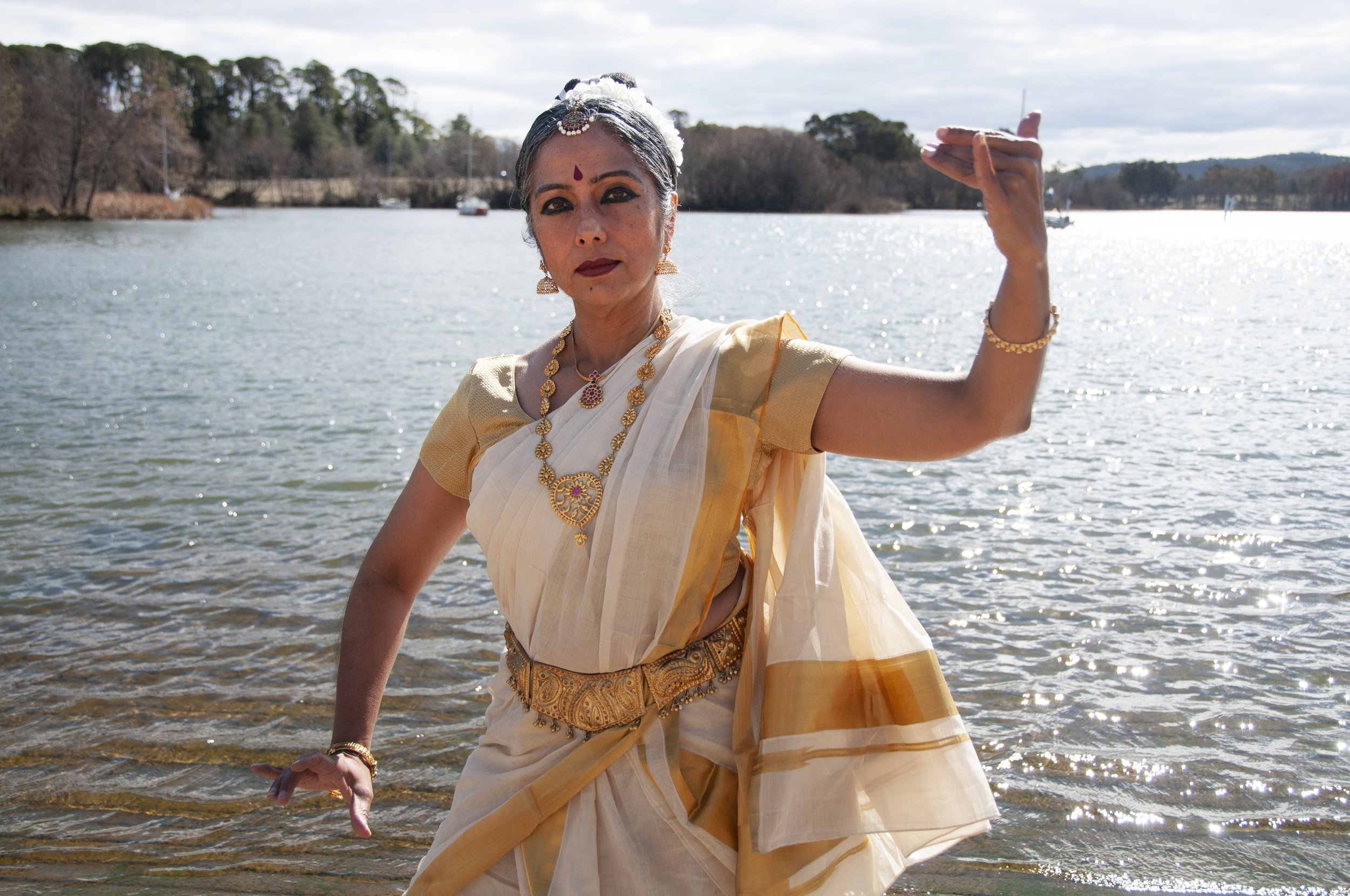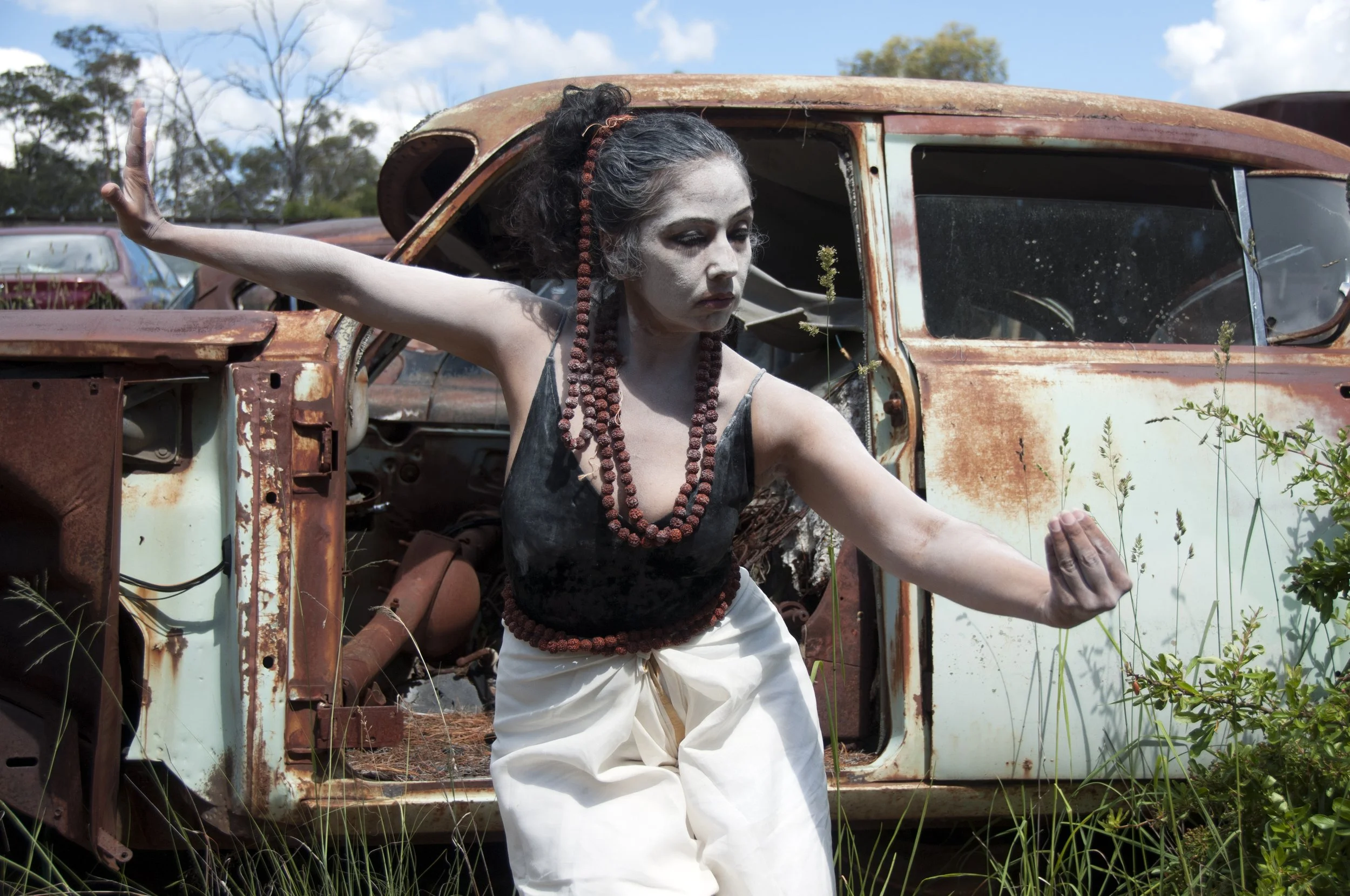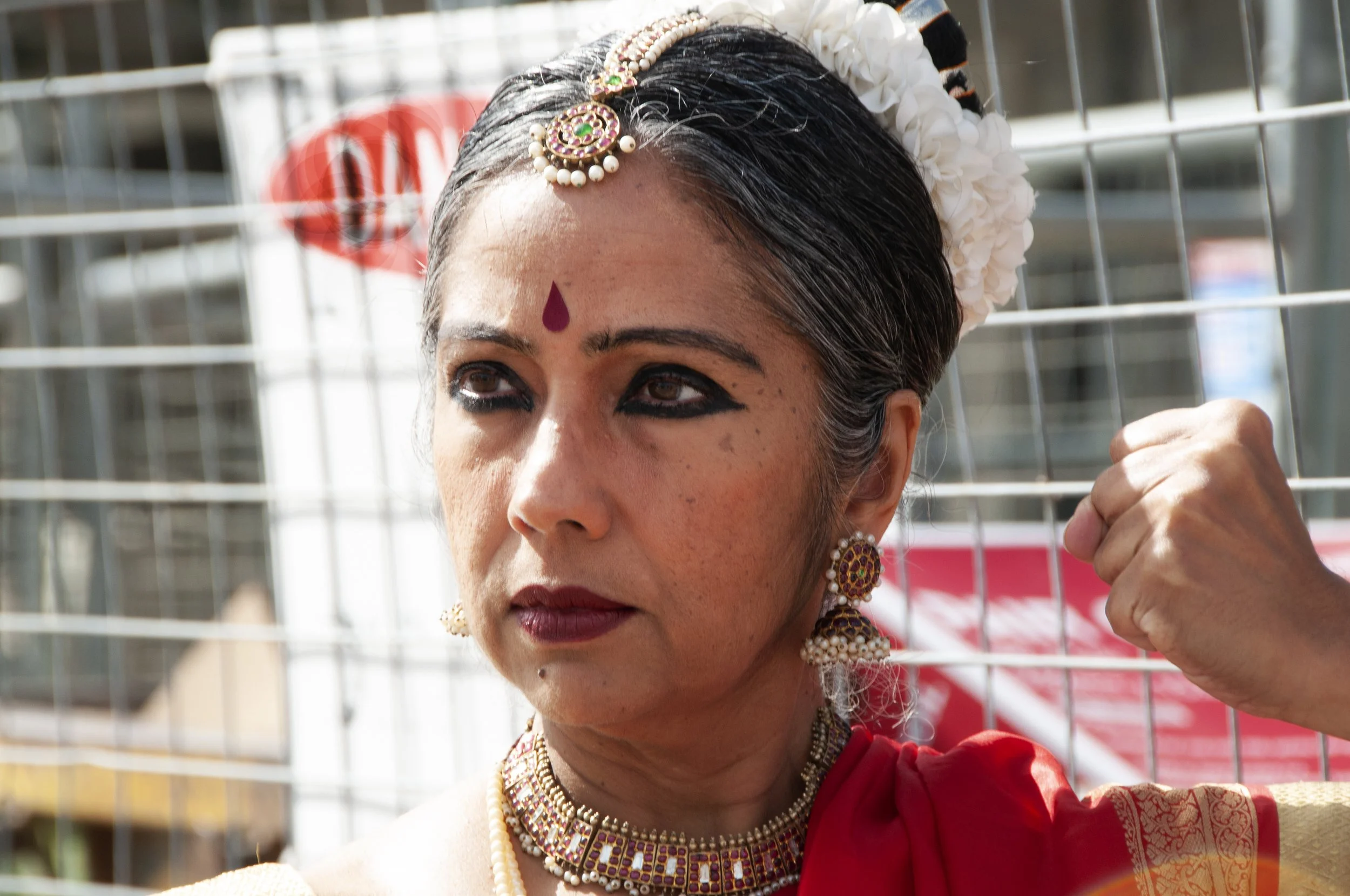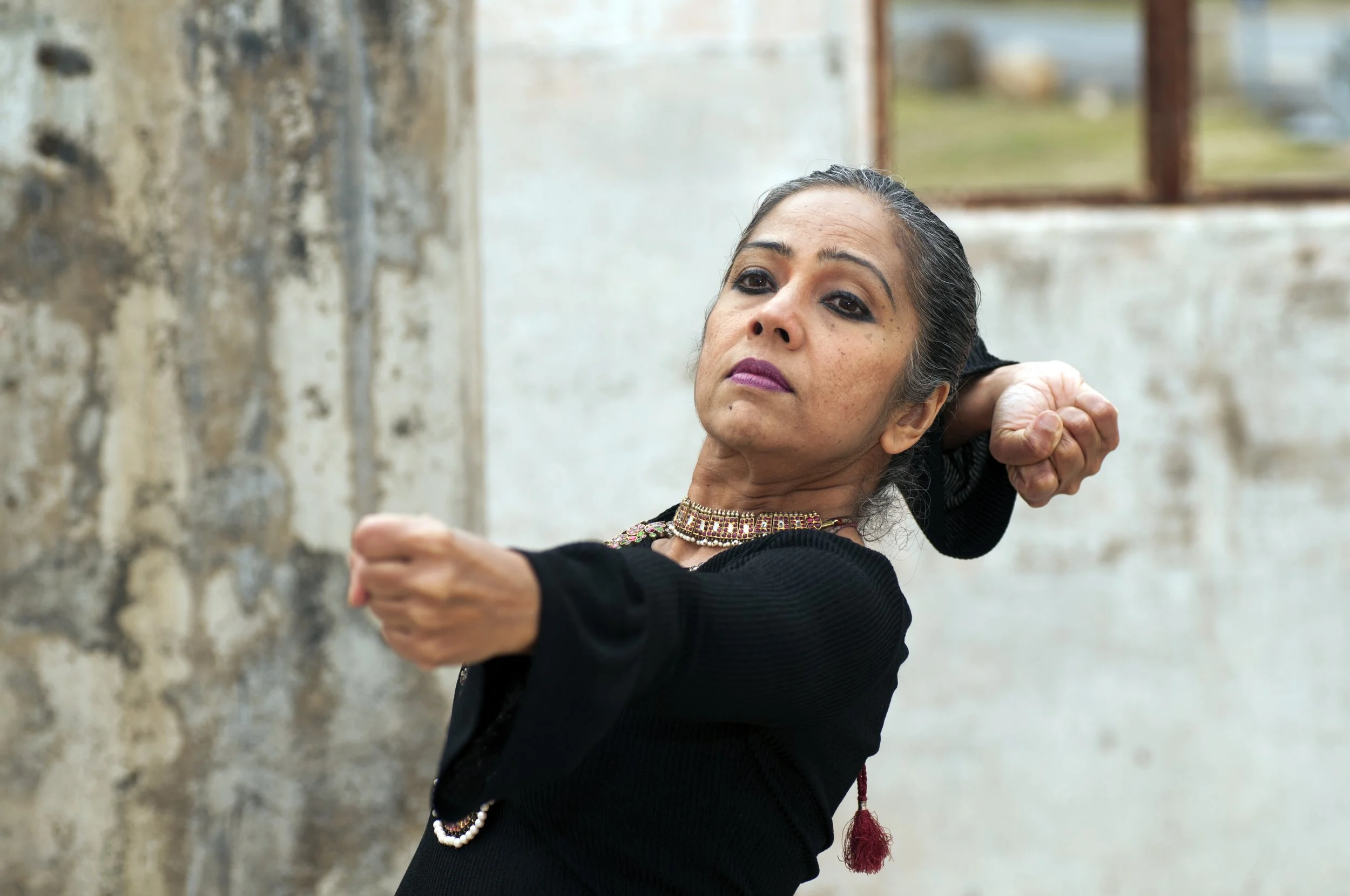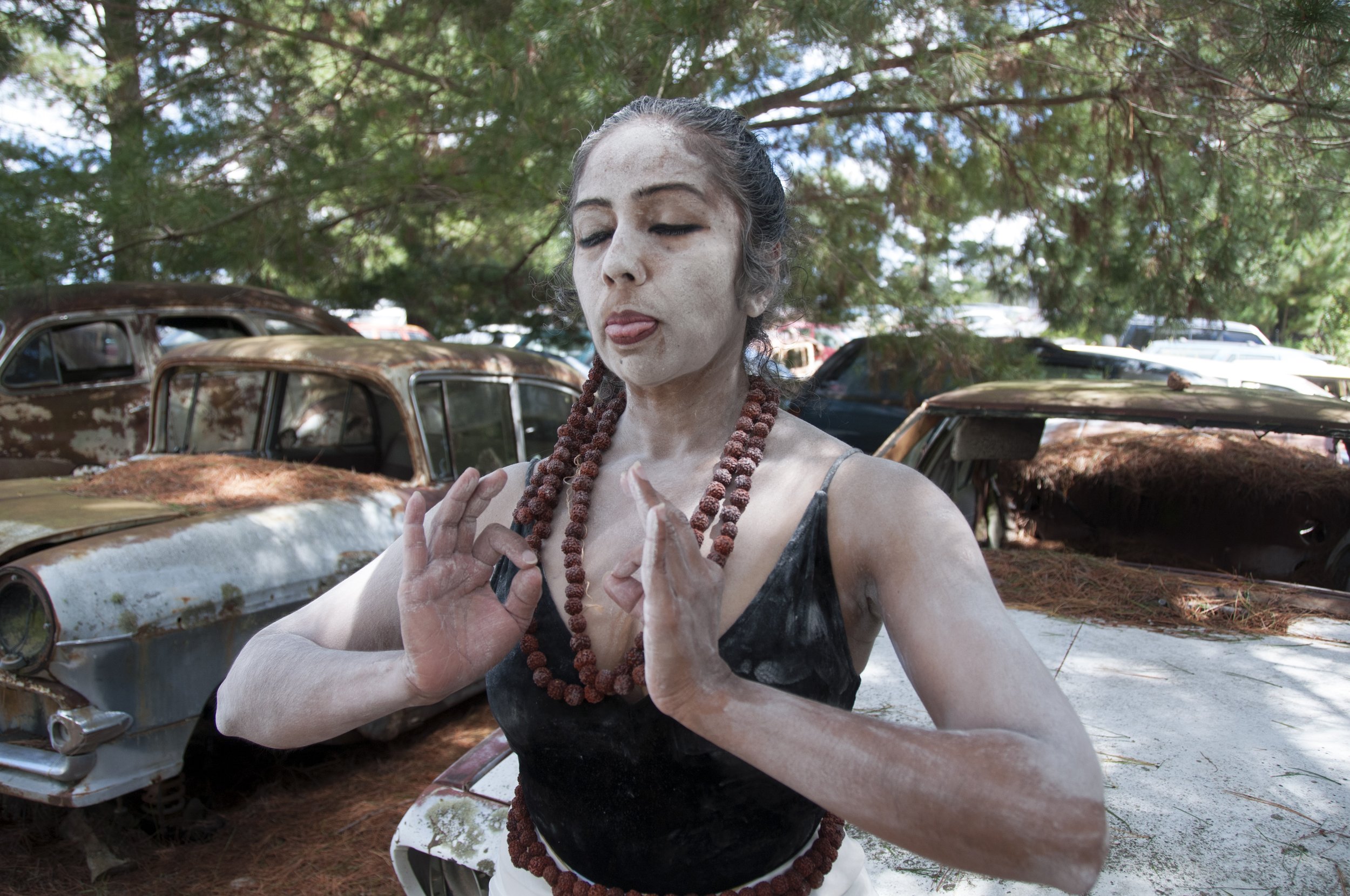Recently I have been watching the Netflix documentary series on food. Much of the series presents things we already know about the industrialisation of food and water and its devastating impacts on environments and life. I sensed the ancient Natya Sastra warning of the descent into barbarism in the mountains of plastic that litter Earth.
Read MoreThe ancient pre-Vedic and Vedic people had sophisticated insight into the movement of Consciousness (as Reality) that is typical of the ancient peoples of many cultures. Their ritual, artistic and creative invocations of Consciousness allowed for Self-inquiry that connected the intimate and the cosmic is wondrous and powerful ways.
Read MoreThe Earth is the macrocosmic Body that distils the intelligence of Reality in all Her manifestations. She brings into form what nourishes and supports the constellation of Truth/Reality and removes what is not necessary in this time. This mirrors the digestive process in our microcosmic Bodies.
Read MoreI sense the intimacy of the unease at individual levels. I sense the so-called optimistic returning- to-what-used-to-be stance as escapist. I also sense the mystical emergence of a new order as equally escapist. The truth, as always, is something in between. The radical unease and disintegration may hold within it the emergence of another approach to life. However, we may have to develop skills to dwell in the unease without the duality of escape or suffering of catharsis. Because either of those extremes may not provide the energy to recognise the radical emergent intelligence, if indeed this is a possibility.
Read MoreUnease is a humble sensation. It does not have the drama of fear or the poignancy of grief. It is a lurking sensation in our bodies, an aversion or revulsion that does not command the respect that fear begets.
Read MoreMystery has largely become a romantic notion in our times. Having disconnected it from ancient ritual traditions, mystery becomes a sort of aspirational space for everything we desire, and we do not always find in our ordinary lives.
Ancient ritual traditions that invoked mystery inevitably had rather ferocious deities. This signaled something about the nature of mystery and its experience in our consciousness.
Read MoreAt the heart of most philosophical and spiritual traditions is the invitation to “allow”. Sometimes words such as acceptance, submission and surrender are also used in this context. These are fraught words because they have associations of compliance and conformity. For many of us these words may bring sensations of disempowerment.
Read MoreI find it intriguing that while there is endless commentary about the transitory nature of the times we live in, and about the new era that awaits, these commentaries are accompanied by predictions about how this “new” era will look. People either propose a dystopian future or one that will be a golden era of divinity. I must admit that neither fills me with hope, and this has to do with how we arrive at these scenarios rather than what they propose for the future.
Read MoreIf truth be told, a visceral experience of strength is not considered “spiritual” in our times. “Strength” is largely understood as something of the mind, a mental resolve, a statement, or narrative of what that means, and a series of actions templated by these narratives. In fact, we even consider strength of the body as oppositional to spirituality.
Read MoreI have noticed a curious pattern when I am dancing with women, especially in my Individual program where it is a one-on-one situation. No sooner do we begin to taste anything like presence and expression of Self than they flee towards a myriad of distractions.
Read More

